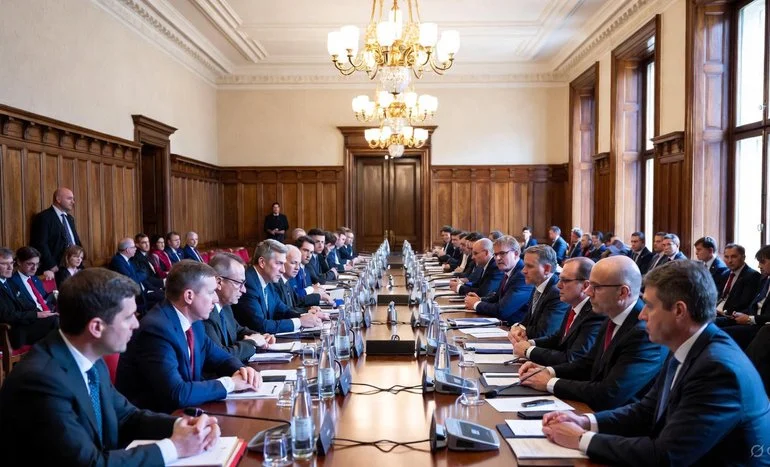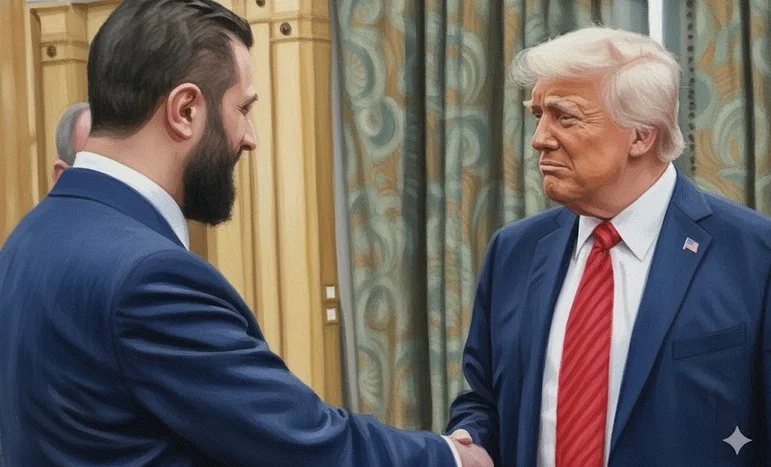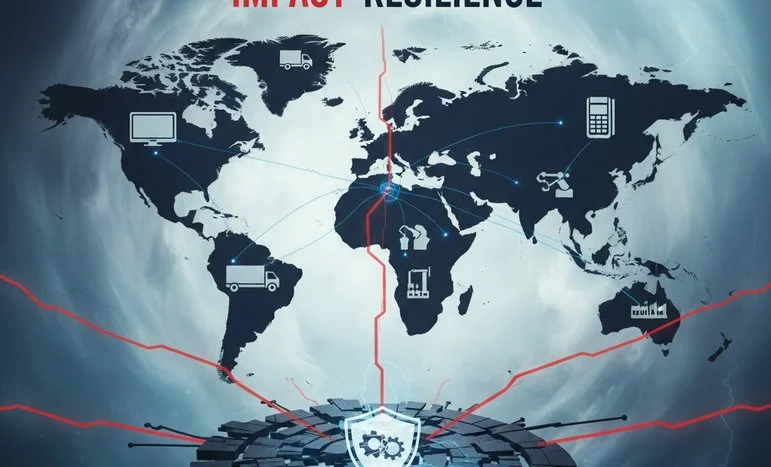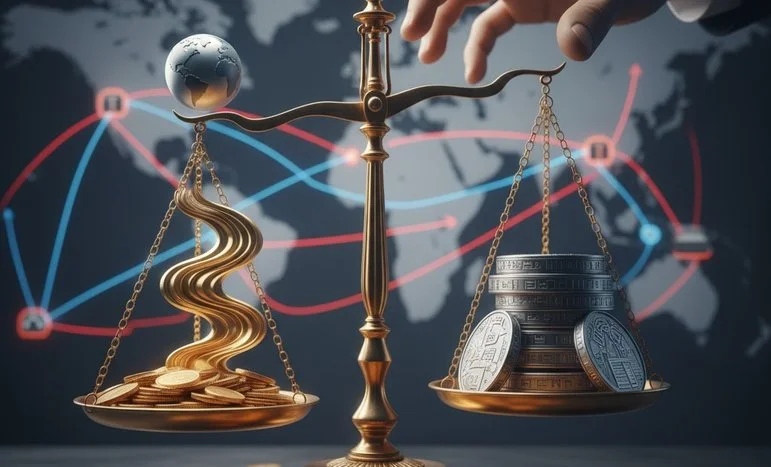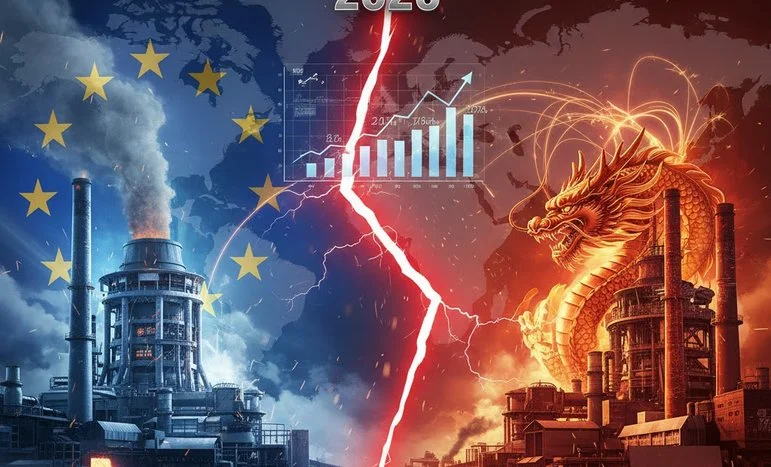
EU Imposes Up to 50% Tariffs on Chinese Steel to Protect Local Industries
Introduction
The European Union (EU) has announced tariffs of up to 50% on Chinese steel imports as part of an effort to protect domestic steel manufacturers from unfair competition. This decisive move comes amid growing concerns over overcapacity in the global steel market and the impact of low-cost imports on European industries.
By imposing these tariffs, the EU aims to safeguard local jobs, manufacturing competitiveness, and economic stability, while ensuring that domestic producers can operate in a fair and sustainable market environment.
Details of the Tariff Measures
Scope of the Tariffs
The EU’s tariffs target a wide range of Chinese steel products, including:
- Hot-rolled and cold-rolled steel sheets
- Stainless steel coils
- Structural steel used in construction and infrastructure
Tariffs vary depending on product type and import volume, reaching up to 50%, which is intended to deter large-scale imports that could disrupt the local market.
Reasons Behind the Decision
EU officials cite several reasons for implementing the tariffs:
- Preventing market distortions caused by low-priced imports
- Protecting European steelworkers and local manufacturing jobs
- Encouraging fair trade practices and compliance with international rules
The EU Commission emphasizes that these measures are temporary but necessary to stabilize the steel sector while longer-term solutions are explored.
Economic and Industry Impacts
Benefits for Local Industries
Domestic steel producers are expected to benefit from:
- Reduced competition from subsidized foreign imports
- Stabilized pricing in the European market
- Increased ability to invest in modernization and innovation
Industry groups have welcomed the tariffs as a vital step to protect European competitiveness and secure employment in the sector.
Potential Trade Tensions
While the tariffs aim to safeguard local industries, they may also lead to:
- Heightened trade tensions between the EU and China
- Retaliatory measures on European exports to Chinese markets
- Increased scrutiny by the World Trade Organization (WTO)
Policymakers emphasize that the EU is committed to dialogue and fair negotiation while defending its economic interests.
Expert Opinions
Economists and trade analysts view the tariffs as a strategic move to balance global trade fairness and domestic economic stability. Dr. Maria Schneider, a European trade expert, notes:
“The EU’s tariffs on Chinese steel are a protective yet measured approach to ensure that European industries can compete fairly while adhering to international trade rules.”
Industry associations predict that these measures could provide the breathing room needed for local manufacturers to upgrade facilities, enhance efficiency, and strengthen global competitiveness.
The EU’s imposition of up to 50% tariffs on Chinese steel signals a strong commitment to protecting domestic industries and maintaining a balanced market. While it may introduce temporary trade frictions, the long-term goal is to support European steel production, secure employment, and ensure the sustainability of the manufacturing sector.
As global trade dynamics evolve, these measures underscore the EU’s proactive approach to safeguarding economic interests while encouraging fair competition on the international stage.
We appreciate that not everyone can afford to pay for Views right now. That’s why we choose to keep our journalism open for everyone. If this is you, please continue to read for free.
But if you can, can we count on your support at this perilous time? Here are three good reasons to make the choice to fund us today.
1. Our quality, investigative journalism is a scrutinising force.
2. We are independent and have no billionaire owner controlling what we do, so your money directly powers our reporting.
3. It doesn’t cost much, and takes less time than it took to read this message.
Choose to support open, independent journalism on a monthly basis. Thank you.










